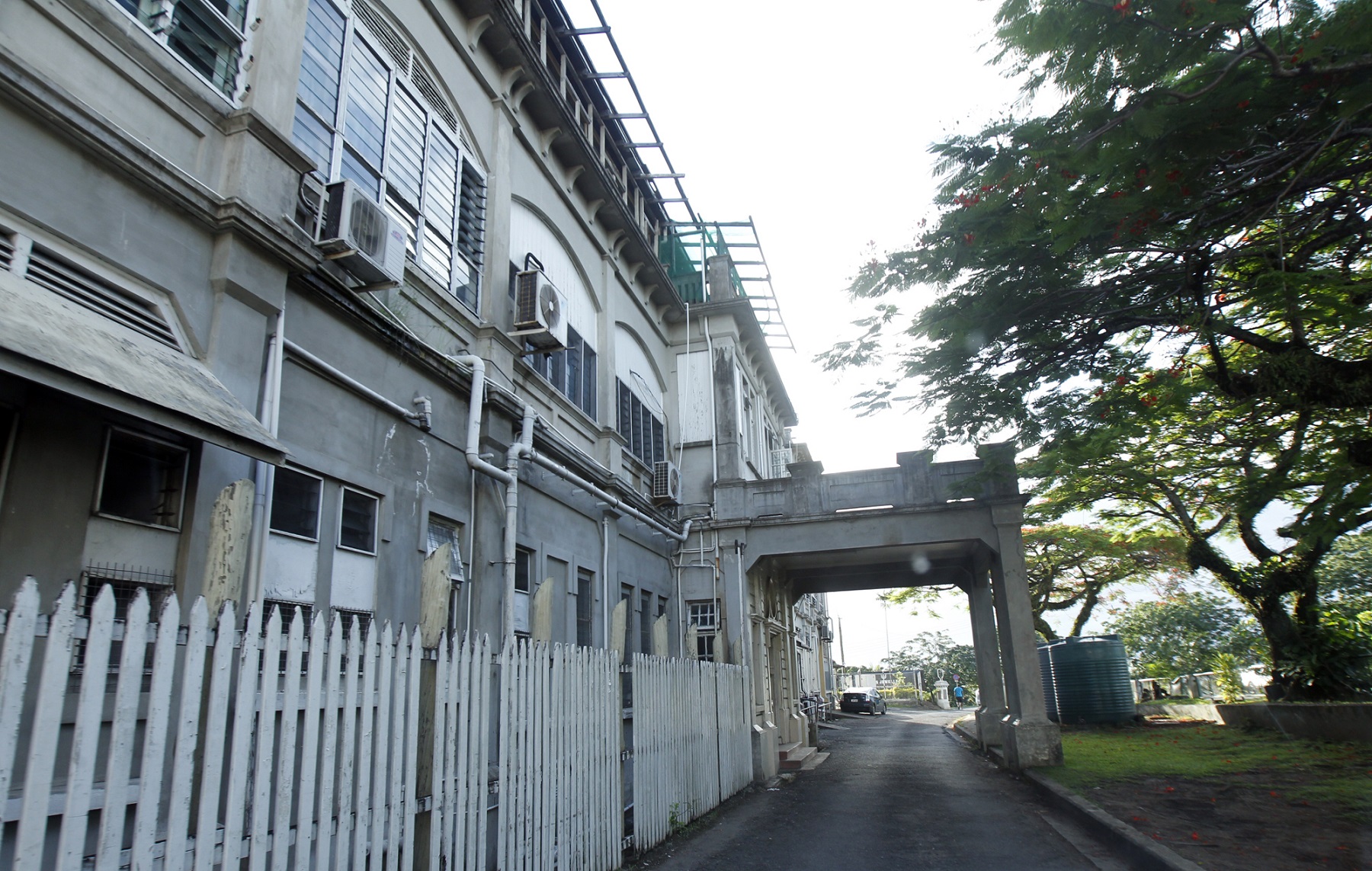More than 60,000 babies are expected to be born in the Pacific Island countries in the 40 weeks since the global pandemic was declared on March 11, UNICEF has revealed.
And with the expected highest number of births in the Solomon Islands with about 18,000 followed closely by Fiji with more than 15,000, UNICEF urged Pacific governments to maintain lifesaving services for pregnant women and newborns in the face of COVID-19.
It warned that although evidence suggested that pregnant mothers were not more affected by COVID-19 than others, countries needed to ensure they still had access to antenatal, delivery and postnatal services.
In a statement issued today, UNICEF stated new mothers and newborns would be greeted by harsh realities, including regional containment measures such as lockdowns and curfews and possible supply and equipment shortages, and limited staff with the critical skills needed, which meant families would need support to access quality medical care to keep their newborns healthy.
“The relative isolation of Pacific island countries and territories, combined with limited resources makes the Pacific extremely vulnerable during a global pandemic, and any wide scale local outbreak will put additional pressure on health care systems,” UNICEF Pacific Representative Sheldon Yett said via the statement.
“With thousands of expecting mothers in the Pacific region facing strained healthcare systems, fear of infection and lockdowns with COVID-19, it is hard to imagine a whole new perspective of motherhood,” he said.
On behalf of mothers throughout the Pacific, UNICEF has issued an urgent appeal to governments and health care providers to save lives in the coming months by:
- Helping pregnant women to receive antenatal checkups, skilled delivery care, postnatal care services, and care related to COVID-19 as needed;
- Ensuring health workers are provided with the necessary personal protective equipment so that they can deliver high quality care to all pregnant women and newborn babies during the pandemic;
- Guaranteeing that all infection prevention and control measures are in place in health facilities;
- Allowing health care workers to reach pregnant women and new mothers through home visits, encouraging women living in remote areas to use maternal waiting homes, and by using mobile health strategies for teleconsultations;
- Training, protecting and equipping health workers with clean birth kits to attend home births where health facilities are closed;
- Allocating resources to lifesaving services and supplies for maternal and child health.
“Never did I imagine a situation where pregnant women would have to live with a heightened fear of the world that they are bringing their child in to. We must work together to ensure that every pregnant mother receives the support she needs to give birth safely in the months to come,” said Mr Yett.






